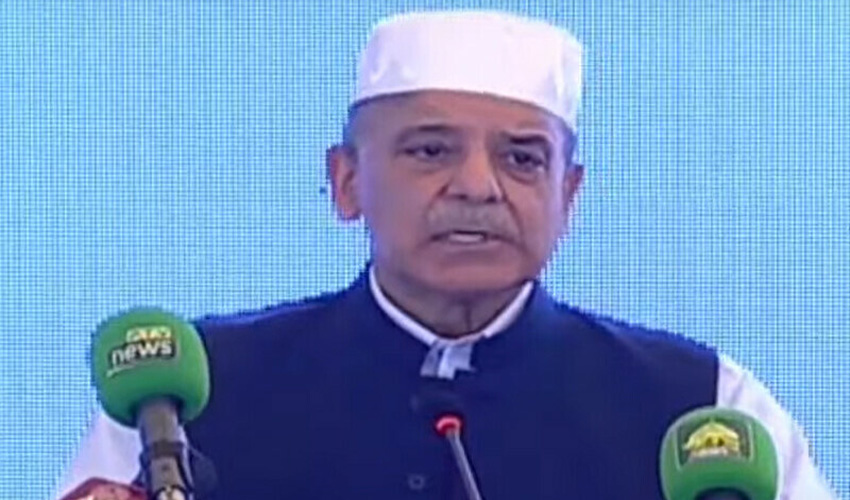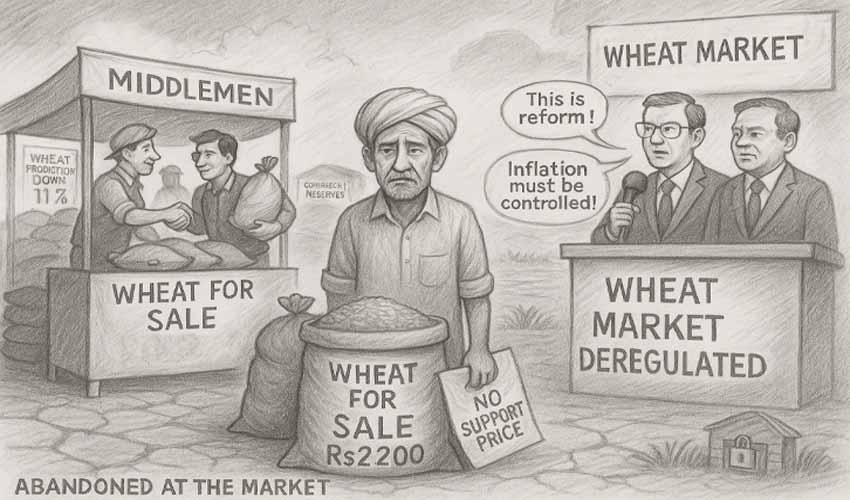Prime Minister Shehbaz Sharif stressed the need for unity in society on Tuesday highlighting the importance of protecting minority rights in line with the teachings of the Prophet Muhammad (PBUH).
He called for an end to divisive and extremist behaviours, urging the nation to adopt ethical conduct inspired by the life of the Holy Prophet (PBUH).
Speaking at a ceremony held in Lahore to mark Eid Milad-un-Nabi, PM Shehbaz expressed concern over the growing use of abusive language and rising societal divisions.
"We must live our lives by the teachings of the Prophet (PBUH), whose ethical treatment of even his enemies stands as a moral guide for us today," said Sharif.
He described the birth of the Prophet Muhammad (PBUH) as a pivotal moment that changed the course of human history, calling it a “mercy for all of humanity.”
The premier reiterated that the Prophet’s (PBUH) moral values, particularly his care for orphans and the elderly, are enshrined in the Quran.
Highlighting the ongoing struggles of Palestinians and the people of Occupied Kashmir, PM Sharif expressed hope for their eventual liberation. "The day will come when the people of Palestine and Occupied Kashmir will breathe in the air of freedom," he said.
He added that the true propagation of Islam comes through actions aligned with the Prophet’s (PBUH) teachings, calling on the nation to pledge to follow his example in eradicating negative attitudes.
Dar calls for education reforms rooted in Seerat-un-Nabi (PBUH)
On the other hand, Deputy Prime Minister Ishaq Dar underscored the need for comprehensive reforms in Pakistan’s education system, calling for it to be aligned with the teachings of Seerat-un-Nabi (SAWW).
Speaking at the annual National Seerat Conference in Islamabad, he emphasized the importance of integrating religious and worldly education to develop a well-rounded, morally upright society.
Dar urged the Ministry of Religious Affairs to work in collaboration with the Ministry of Education and religious scholars to present detailed recommendations for a more coordinated education system. "Our education must focus not only on academic skills but also on instilling strong moral values based on Islamic principles," he said.
The Deputy Prime Minister expressed concern over the moral decline exacerbated by social media, stressing that character development and ethical training should be at the core of the curriculum. He called on religious scholars, educational institutions, and society at large to play a proactive role in this transformation.
Citing the Quran and Hadith, Dar highlighted Islam's emphasis on education, calling it a religious duty. He also acknowledged the government’s responsibility to ensure access to education for all citizens.
Dar further noted the significance of modern scientific knowledge, stating that providing the youth with both religious and technological education is essential for Pakistan to compete with developed nations.
In his remarks, Minister for Religious Affairs Chaudhry Salik Hussain praised the Holy Prophet Muhammad (PBUH) as a great teacher and spiritual leader. He reiterated that by following the Prophet’s teachings, a balanced and educated society could be created.


























